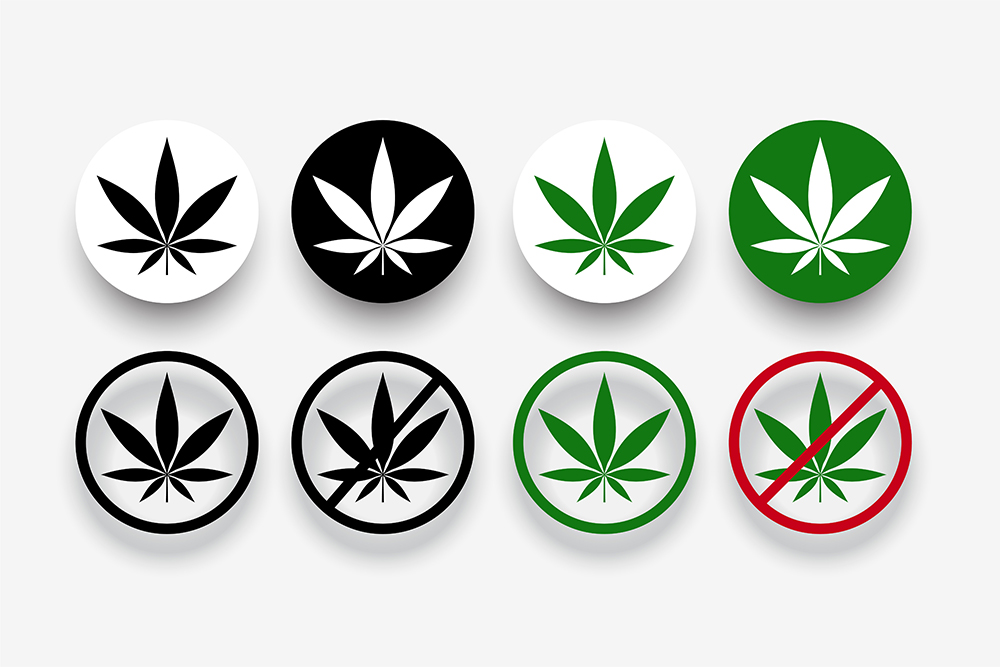New details on the implementation of cannabis legalization
On October 25, the German Federal Ministry of Health, with Karl Lauterbach as Minister of Health, published a key points paper on the introduction of controlled dispensing of cannabis to adults for recreational purposes. The Federal Cabinet approved Health Minister Karl Lauterbach’s planned key points for the legalization of cannabis on October 26, 2022.
by Judith Heimbürger, Malte Goetz and Peter Homberg, dentons
After the legalization project was set out in the coalition agreement of the current federal government, this key points paper was preceded by a so-called consultation process in June 2022 under the leadership of the Federal Government Commissioner for Addiction and Drug Issues, Burkhard Blienert, in which experts from the fields of health protection, youth protection, legal science and the cannabis industry, among others, were heard. These so-called “hearings” were intended to provide concrete indications and guide for a realization of cannabis legalization in Germany.
Content
The key point paper initially states that cannabis should no longer be legally classified as a narcotic. Instead, regulations concerning cannabis are to be removed from the German Narcotics Act (Betäubungsmittelgesetz, “BtMG”) and placed in a separate cannabis law.
What the cannabis industry should prepare for
Of particular interest to the cannabis industry are the following:
- Cannabis for recreational purposes is to be available for sale in licensed stores and pharmacies. It is to be examined whether the maximum content of the psychotropic active ingredient tetrahydrocannabinol (“THC”) in legally available cannabis should be subject to an upper limit for users under 21 years of age.
- The sale of synthetically produced cannabinoids should remain prohibited.
- Cannabis products for smoking and inhalation or ingestion in the form of capsules, sprays or drops are to be permitted for sale. So-called edibles (products other than food offered for oral ingestion), however, will not for the time being.
- Whether online or mail-order sales to private individuals should be permitted through officially authorized stores requires further consideration.
- Cannabis businesses may only be established at a minimum distance from schools, children’s and youth facilities.
- Cannabis trafficking without a corresponding license should remain punishable as a matter of principle.
- Despite legalization, a general ban on advertising is to apply.
- In addition to the sales tax, an additional cannabis tax, which could be assessed on the basis of THC content, is planned. However, the end consumer price should be close to the black market price.
- The demand for cannabis is to be covered by cultivation in Germany, as importation is out of the question for reasons of EU and international law.
[Note: Dentons came to this very conclusion in a legal opinion commissioned by DEMECAN, see press release dated September 16, 2022].
What the cannabis industry should prepare for
- The purchase and possession of a maximum of 20 to 30 grams of cannabis flowers for personal consumption should generally be exempt from punishment from the age of 18, regardless of the origin and THC content.
- Minors should also be exempt from punishment, but it would be possible for the youth welfare offices to oblige them to take part in prevention courses. Cannabis carried will be confiscated.
- Home cultivation of up to three cannabis plants would be allowed.
Assessment and outlook
The response from industry and the public to the paper that has become known has been great. The contents available so far show the general direction in which a new cannabis legalization could develop. Many of the points reflect what the industry and consumers expected after the announcement of the legalization proposal. Other aspects – such as the age-based maximum THC content, the possible establishment of online commerce, or location restrictions – may in turn surprise and pose practical and economic challenges for the industry.
From a legal perspective, Karl Lauterbach’s announcement of the initiation of a so-called preliminary examination by the EU Commission is to be highlighted. Through proactive declarations of interpretation, the Commission is to be convinced in advance that the legalization not only does not contradict the goals of health and youth protection, but rather promotes them. If the EU Commission can be convinced by these declarations of interpretation, a draft law will be enacted on the basis of the key points paper. This intended procedure reduces the risk that a law which has been elaborately drafted and passed is ultimately nullified again because, for example, the EU Commission sees an infringement of the Treaty in the legalization and initiates an infringement procedure pursuant to Article 258 TFEU. The initiation of the preliminary examination by the EU Commission thus provides political certainty and enables the affected industry r economic risk reduction.
Accordingly, the timing of the publication of the draft law, let alone the implementation of legalization, cannot be predicted at this point. In the spring of 2022, Federal Minister of Health Karl Lauterbach still announced a draft law for the second half of 2022 – a timetable that can probably no longer be met in view of the preliminary review by the EU Commission that is now being sought.
Photo Credit: Bild von starline auf Freepik


